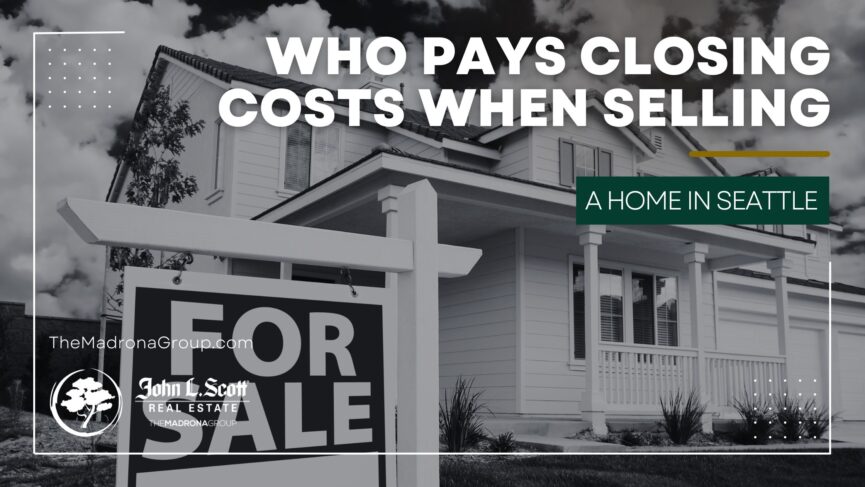Thinking about selling your home in Seattle? One of the big questions you might have is: “Who pays closing costs when selling a home in Seattle?” It’s a question we hear often from home sellers, and for good reason. Closing costs are one of those details that can sneak up on you if you’re not prepared, but understanding them can help ensure you avoid any surprises at the closing table.
According to Zillow, closing costs in Washington typically range between 1% to 3% of the home’s sale price, which can add up to several thousand dollars depending on the value of your home.
So, who pays for these costs, and what exactly do they cover? Let’s break it down.
What to Expect:
Here’s a breakdown of what we’ll cover in this post:
- A complete explanation of what closing costs are.
- Who is responsible for paying these costs in a Seattle home sale.
- A comprehensive list of common seller closing costs.
- How closing costs can be negotiated between buyers and sellers.
- Tips for minimizing your closing costs.
What Are Closing Costs?
When you sell a home, closing costs are the various fees and expenses that need to be paid to finalize the transaction. These costs are associated with legal, administrative, and financial services necessary to complete the sale and transfer ownership of the property. While the specifics can vary depending on the location, sale price, and terms of the agreement, closing costs typically include:
- Title insurance: Protects the buyer from any ownership disputes or claims that might arise after the sale.
- Escrow fees: Paid to the escrow company that manages the transfer of funds and documents.
- Transfer taxes: Fees paid to the local government for transferring ownership of the property.
- Real estate agent compensation: The fees paid to real estate agents involved in the transaction. Following recent changes, who pays the buyer’s agent compensation is now negotiable and not automatically the seller’s responsibility.
These fees are separate from any mortgage-related costs and are essential to complete the legal transfer of ownership from the seller to the buyer. In Seattle, closing costs typically range from 1% to 3% of the home’s sale price, but many of these costs are negotiable.
Who Pays for Closing Costs?
In a Seattle home sale, both the buyer and the seller share the responsibility for closing costs, but the specific costs each party covers can vary depending on the terms of the sale. Importantly, recent changes in real estate regulations mean that the compensation paid to real estate agents is now fully negotiable and not automatically the seller’s responsibility.
Traditionally, sellers are responsible for covering the costs associated with their own representation, such as the listing agent’s compensation, while buyers handle fees related to their loan and property ownership. Here’s a general overview:
- Sellers typically cover:
- Compensation for their listing broker.
- Title insurance for the buyer.
- A portion of escrow fees (this is often split with the buyer).
- Transfer taxes or recording fees.
- Buyers typically cover:
- Loan origination fees.
- Title insurance for their mortgage lender.
- Appraisal and home inspection fees.
While these are common arrangements, the exact breakdown of closing costs is negotiable and should be clearly outlined during the sale process.
Comprehensive List of Common Seller Closing Costs in Seattle
When selling a home in Seattle, there are several costs that you should be prepared for. Below is a detailed list of common seller closing costs:
- Real Estate Broker Compensation:
- Listing Broker Compensation: Is a negotiated amount and covers the seller’s real estate agent’s services, including marketing, negotiating, and managing the sale.
- Buyer’s Broker Compensation: This is a negotiable amount.
- Title Insurance:
- Protects the buyer from ownership disputes or claims. The cost of title insurance typically ranges from $1,000 to $3,000 based on the sale price of the home.
- Escrow Fees:
- Paid to the escrow company, which handles all financial transactions and paperwork. This cost is often split between the buyer and seller, and the seller’s portion usually ranges from $1,000 to $2,500.
- Transfer Taxes and Recording Fees:
- Transfer Taxes: Fees paid to the state or local government for transferring the property’s title.
- Recording Fees: The cost of officially recording the change in property ownership, ranging from $100 to $250.
- Homeowner’s Association (HOA) Fees:
- If your property is part of an HOA, any unpaid dues will need to be settled before closing. Additionally, some HOAs charge a transfer fee for changing ownership, which can range from $200 to $1,000.
- Prorated Property Taxes:
- If property taxes haven’t been fully paid for the year, you’ll need to pay your share up to the date of sale. The amount is prorated based on the time you owned the property in the tax year.
- Outstanding Liens or Judgments:
- Any outstanding liens on the property must be cleared before closing. This could include unpaid contractor fees, back taxes, or other legal claims.
- Home Repairs (if negotiated):
- If a buyer’s inspection reveals repairs that need to be made, you may either pay for these repairs or offer a credit to the buyer. The cost will vary based on the extent of the repairs needed.
- Home Warranty (optional):
- Some sellers offer a one-year home warranty to the buyer, covering potential repairs during the first year of ownership. This typically costs between $400 and $600.
- Mortgage Payoff Fees:
- If you still have a mortgage on the property, you’ll need to pay it off with the sale proceeds. There may also be a mortgage payoff statement fee, usually between $25 and $50.
- Prepayment Penalties (if applicable):
- Some mortgages include prepayment penalties if the loan is paid off early. Check your mortgage terms to see if this applies to you.
- Legal Fees (if applicable):
- If you hire an attorney to assist with the sale, their fees can range from $500 to $2,000 depending on the services needed.
- Septic/Well Inspection (if applicable):
- If your property uses a septic system or well, an inspection may be necessary. The cost for this ranges from $300 to $800.
- Utilities and HOA Prorations:
- Any outstanding utility bills or homeowner association dues will need to be paid up to the closing date.
- Courier or Wire Transfer Fees:
- Fees for document delivery or wire transfers, typically $50 to $150.
Can Closing Costs Be Negotiated?
Yes, closing costs are negotiable, and recent regulatory changes have made it even more important to be aware of how these negotiations can work in your favor. With real estate agent compensation now negotiable, sellers and buyers have more flexibility in structuring the transaction. Depending on the market, sellers might not need to offer assistance with buyer costs, while in other situations, concessions like covering a portion of the buyer’s fees could help close the deal more quickly.
Discuss your options with your real estate agent to better understand the market conditions and how you can negotiate closing costs to minimize your financial burden.
Tips for Reducing Seller Closing Costs
Here are a few strategies to help you minimize your closing costs as a seller:
- Shop Around for Escrow Services: Not all escrow companies charge the same fees. By comparing different escrow services, you may find lower-cost options that can save you hundreds of dollars.
- Request Title Discounts: Some title insurance companies offer discounts, especially if the home was recently refinanced, or you’re using the same company that handled the original title insurance. It’s worth asking about potential savings.
- Prepay Your Property Taxes: If you know you’ll be selling soon, make sure your property taxes are fully paid. By keeping up with your tax payments, you can avoid having unpaid taxes prorated at closing, which could save you from an unexpected expense.
- Avoid Unnecessary Repairs: If possible, handle any minor repairs before listing your home. This way, you reduce the chances of the buyer requesting expensive repairs or credits during negotiations.
- Minimize Concessions: In certain markets, offering fewer concessions to buyers is possible, especially if your home is in high demand. Focus on pricing your home competitively so you’re less likely to need to offer additional help with their closing costs.
- Ensure Utilities and HOA Fees Are Paid: Keep utility bills and homeowner association dues up to date. This prevents any last-minute proration adjustments that could increase your closing costs.
What Happens at Closing?
When both parties have reached an agreement and the buyer’s financing is in place, it’s time for closing day.
This is when all the documents are signed, and funds are exchanged. The seller’s closing costs are typically deducted from the proceeds of the sale, and the buyer will handle their own costs. Once everything is signed and the funds are transferred, the sale is complete, and the new owner takes possession of the home. Once everything is signed and the funds are transferred, the sale is complete—and the keys change hands!
Conclusion To Who Pays Closing Costs When Selling a Home
Selling a home in Seattle involves various costs, and understanding who is responsible for paying closing costs is a crucial part of the process.
As a seller, you’re typically responsible for covering the listing broker compensation, title insurance, and a portion of the escrow fees.
Buyers, on the other hand are responsible for buyer broker compensation and often handle costs related to their mortgage, like loan origination and appraisal fees. However, closing costs are often negotiable, meaning there’s some flexibility depending on the market conditions and the details of your sale.
Knowing which costs are negotiable can help you plan effectively and potentially reduce your out-of-pocket expenses. It’s also essential to be aware of all the costs you might incur, from agent compensation to transfer taxes and any repairs or liens that need to be settled before closing. By understanding these key components, you can approach the home-selling process with more confidence and avoid unexpected surprises when it comes time to finalize the sale.
In summary, preparing for closing costs in a Seattle home sale involves budgeting for typical expenses and being open to negotiation. The more informed you are about these costs, the smoother your transaction will be. Whether you’re working with a real estate professional or handling aspects of the sale on your own, having a clear picture of who pays for what will allow you to approach your home sale with confidence.
How The Madrona Group Can Help You
Selling your home in Seattle doesn’t have to be a stressful process. With The Madrona Group, you can rest assured that you’re in good hands. Our team will guide you through each step of the process, from pricing your home to handling the negotiations and closing costs.
Share this post!

